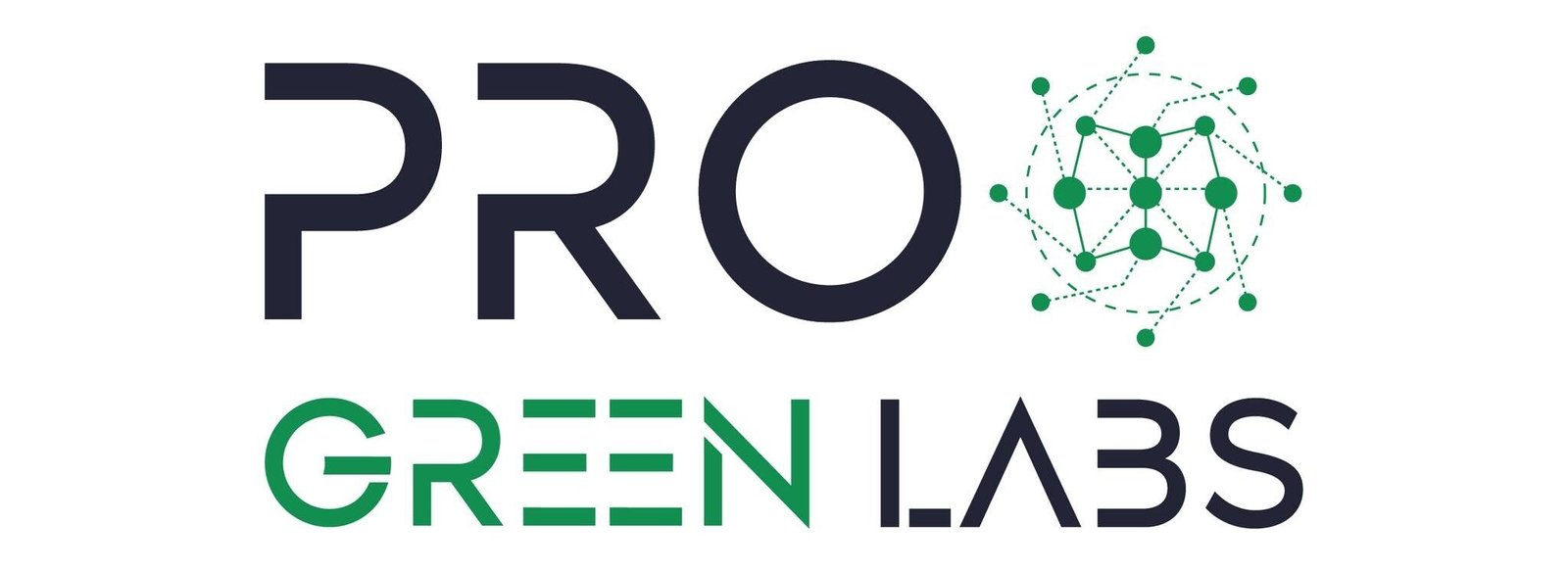
Objectives
Develop/modernize curriculum for the targeted new Master programme at UoP to align with modern educational methodologies and societal & market needs
Adaptively integrate developed courses in SEMED HEIs according to their needs
Develop syllabuses, teaching materials and assessment methods for the developed/revised courses
Promote innovative approaches, methods, concepts, practices and tools into the modernized courses: Integrative/multi-disciplinary approach; Experiential Competence-based Learning (ECBL); LAB approach as complementary to design studio; Active learning pedagogy; Integrating SDGs, social aspects and civic competences; Integrating emerging technologies (urban simulation & measurement tools); Transversal/soft employability skills; and Placement module
Description
This WP involves curricular modernization at the SEMED HEIs for alignment with current and evolving needs, contemporary/interdisciplinary knowledge, emerging technologies, innovation in teaching, and best practices, all of which addressing competences needed to address the challenges of urban sustainability.
This includes developing qualification descriptors, profiles and descriptions for the targeted curricula, as well as syllabuses and teaching materials, done through close collaboration between the teams of EU and SEMED HEIs, and jointly with involvement of associated partners (from the market and NGOs) and other stakeholders (particularly students).
The process will include the creation of new courses as well as the improvement of existing ones, all in support of a new Master-Program at UOP.
The details of the developed modules will be further shaped by the outputs of WP2, which will provide more specific information about the needs for curriculum development within each university and the best relevant practices from the EU-partners that can be adapted to these needs.
Yet, based on the pre-application needs analysis, the consortium targets the development of 8 thematic modules, developing 3 new LLL professional training modules as well as the integration of one placement module. The process will take on a collaborative, flexible, modular, inclusive, and competence-based approach, with a strong relation with the lab unit.
